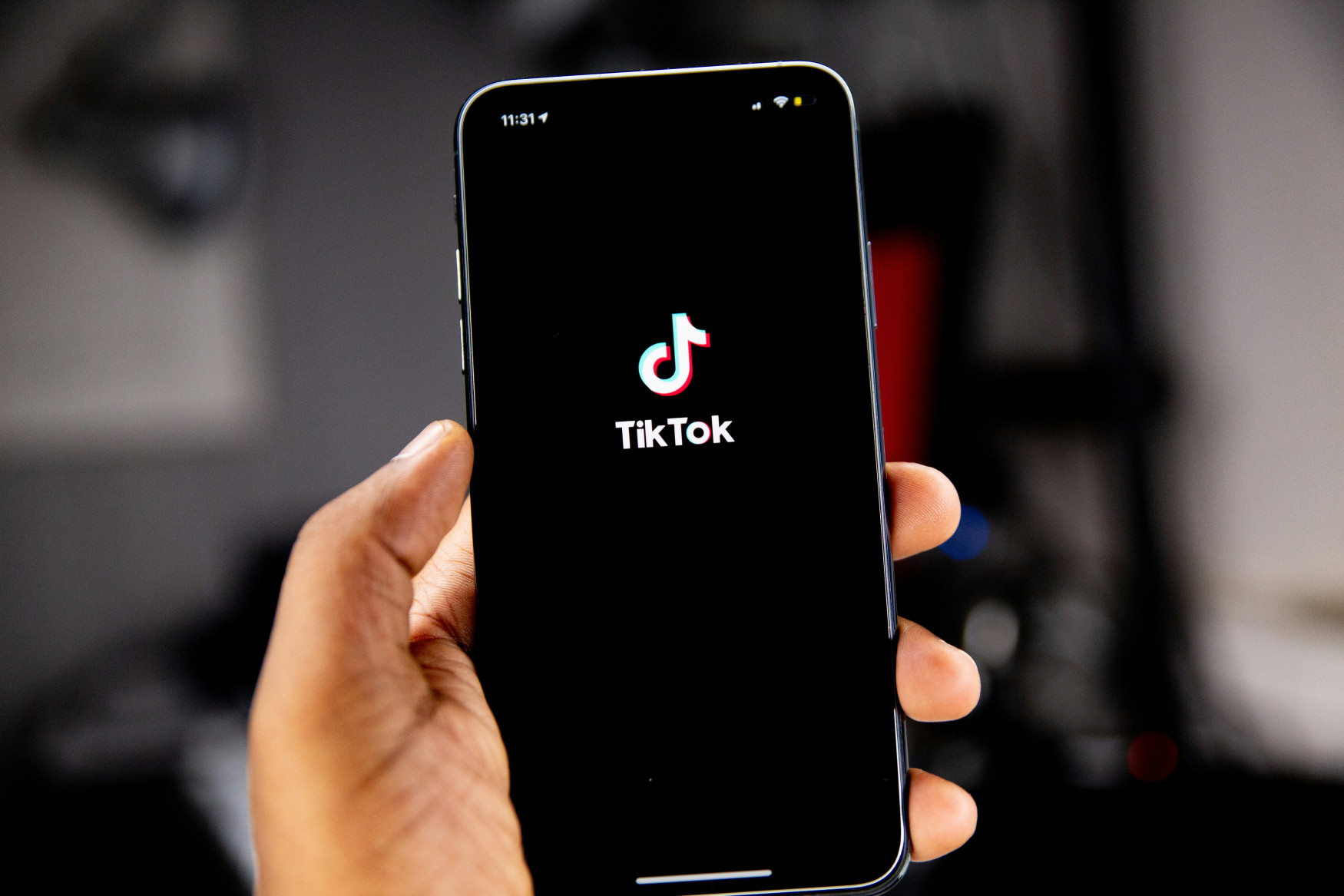
Does TikTok pose a security threat to Canadians? – TRU Newsroom
The Conversation Canada article by TRU Law faculty member
Concerns about the threats TikTok poses to privacy and liberty were raised again, as a bill to divest TikTok of its Chinese ownership or ban it gathered steam in the United States Congress. And Canada’s federal government revealed that it began investigating months ago whether foreign control of the app poses a threat to national security.
Government officials see TikTok posing a threat to Canadians in two ways: violating our personal privacy by collecting too much data, and sabotaging our democracy through misinformation and manipulation.
Are these threats theoretical or real? And is there any proof supporting the concerns that the Chinese government exerts control over ByteDance Ltd., the Beijing-based company that owns TikTok?
There is good reason to believe TikTok may pose a threat to our privacy, but not to our democracy. The platform may collect too much data, but fears that China will use TikTok to misinform or manipulate us for political purposes are misplaced.
Robert Diab, TRU Faculty of Law
China doesn’t need to control TikTok to influence our elections. It can do that quite easily without this. Canada’s ongoing efforts to minimize the national security threat TikTok poses won’t neutralize the threat social media poses to democracy.
Privacy concerns are real
But TikTok does pose a threat to our privacy. European regulators have fined TikTok for collecting data from users too young to provide valid consent, for misusing data and for “nudging” users toward privacy-invading conduct through default settings.
Class actions in Canada and the U.S. have made a similar case.
Cybersecurity experts have warned of how invasive the app can be, as it tracks user location, incoming messages and which networks a user accessed. Permissions for this are buried deep in the app’s settings, but most users are unaware or don’t bother to check.
In late March, Canada’s Privacy Commissioner and three provincial counterparts are set to table a report on an investigation into how TikTok gathers and uses our data. The Commission will most likely recommend following Europe’s lead in passing legislation to require greater transparency in the data TikTok collects and further restrictions in how they can use it.
Fears that China will interfere
On March 1, the federal government issued a new policy that foreign-owned platforms like TikTok would face “enhanced scrutiny” under powers in the Investment Canada Act. Under the act, the government can impose conditions on foreign investors or companies where there are “reasonable grounds to believe” their involvement in Canada “could be injurious to national security.”
Cabinet ministers were clear and direct about their concerns: “hostile state-sponsored or state-influenced actors may try to leverage foreign investments in the interactive digital media sector to spread disinformation and manipulate information.”
Twenty-six per cent of Canadians now use TikTok. Could the Canadian subsidiary of TikTok take measures to prevent the Chinese government from engaging in misinformation or manipulation?
Why concerns are misplaced
In February, the U.S. Director of National Intelligence issued a threat assessment that revealed TikTok accounts run by a “propaganda arm” of the Chinese government “targeted candidates from both political parties during the U.S. midterm election cycle in 2022.”
But as one commentator noted in the New York Times, the National Intelligence report did not say whether TikTok’s algorithms promoted these nefarious accounts. China may have used TikTok to misinform and manipulate, but it didn’t need to do so by directing ByteDance.
A 2021 study by the University of Toronto’s Citizen Lab dug deep into TikTok’s code and data collection abilities; its findings support the view that TikTok is no more invasive than Facebook, Instagram or other social media platforms.
The study found that both TikTok and its Chinese version, Douyin, “do not appear to exhibit overtly malicious behavior similar to those exhibited by malware.” And although Douyin contains “features that raise privacy and security concerns, such as dynamic code loading and server-side search censorship,” it found “TikTok does not contain these features.”
This doesn’t mean that China is not able to direct ByteDance to do things that could harm Canadians. But it does support the view that China doesn’t have to bother with ByteDance — an agent of the Chinese government (or any adversary) can readily do so by posing as an ordinary user.
In short, fears about Chinese interference in Canadian and American elections may be warranted. But just as Russia may have used fake accounts on Facebook to interfere in the 2016 U.S. presidential election, China can misinform and manipulate us by using any and all social media against us.
This points to the real threat to our democracy: social media we can’t control.
